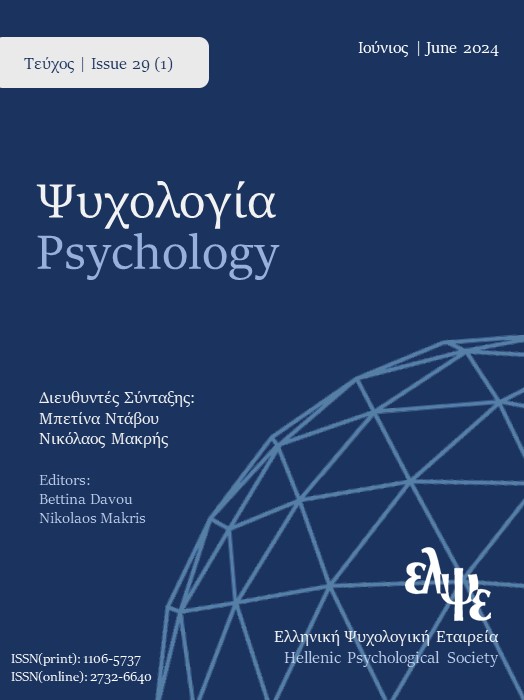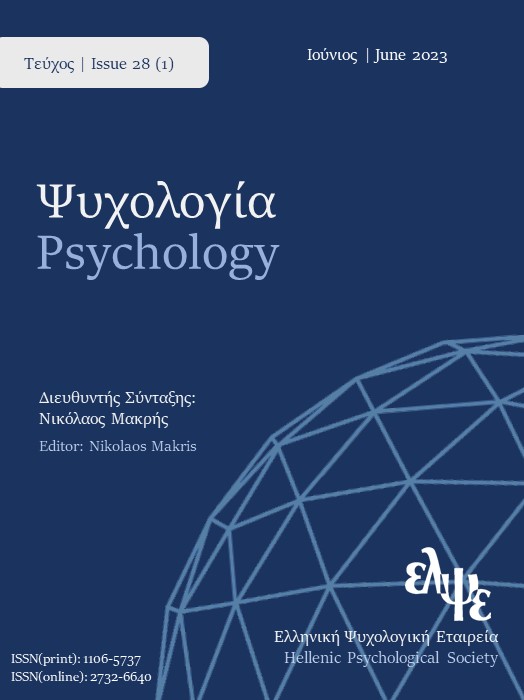Space as a Resource and Implication of (Inter)group Relations and Rights: Analyzing Discourse on the Refugee Issue in Greece

Abstract
This study aims at exploring the way in which constructions of space and identity are mobilized in interviews on refugees’ reception and entitlements in Greece. Our analytic material was derived from individual semi-structured interviews conducted with 19 people of Greek nationality in Thessaloniki, while the analysis has been based on the principles of critical discursive social psychology. Analysis indicated the multiple ways that participants have available to construct the intersection of place identity and intergroup relations. On the one hand, proximity and contact with refugees were represented as a potentially justified basis for reactions against their settlement and integration. Intergroup distance and separation (ghettoization), on the other hand, were treated as a sufficient condition of anomy on the part of the refugees, and, by implication, as a source of problematic intergroup relations. Furthermore, analysis showed that constructions of “insider” and “outsider” coincided with symbolic boundaries, while biopolitical
strategies, introduced through recourse to space limitation and scarcity of material resources, were employed to articulate arguments which supported the restriction of refugees’ entitlements.
Article Details
- How to Cite
-
Zisakou, A., & Figgou, L. (2019). Space as a Resource and Implication of (Inter)group Relations and Rights: Analyzing Discourse on the Refugee Issue in Greece. Psychology: The Journal of the Hellenic Psychological Society, 24(2), 150–166. https://doi.org/10.12681/psy_hps.24923
- Issue
- Vol. 24 No. 2 (2019)
- Section
- RESEARCH PAPERS

This work is licensed under a Creative Commons Attribution-ShareAlike 4.0 International License.
The journal PSYCHOLOGY adopts a Platinum open-access policy. Submission, processing or publication costs are waived by the Hellenic Psychological Society. Papers published in the journal PSYCHOLOGY are licensed under a 'Creative Commons Attribution-ShareAlike 4.0 International' licence. The authors reserve the copyright of their work and grant the journal the right of its first publication. Third-party licensees are allowed to use the published paper immediately after publication as they wish, provided they retain the defined by the license copyright formalities, regarding the reference to its author(s) and its initial publication in the journal PSYCHOLOGY. Moreover, any adjusted work should be shared under the same reuse rights, so with the same CC license.




